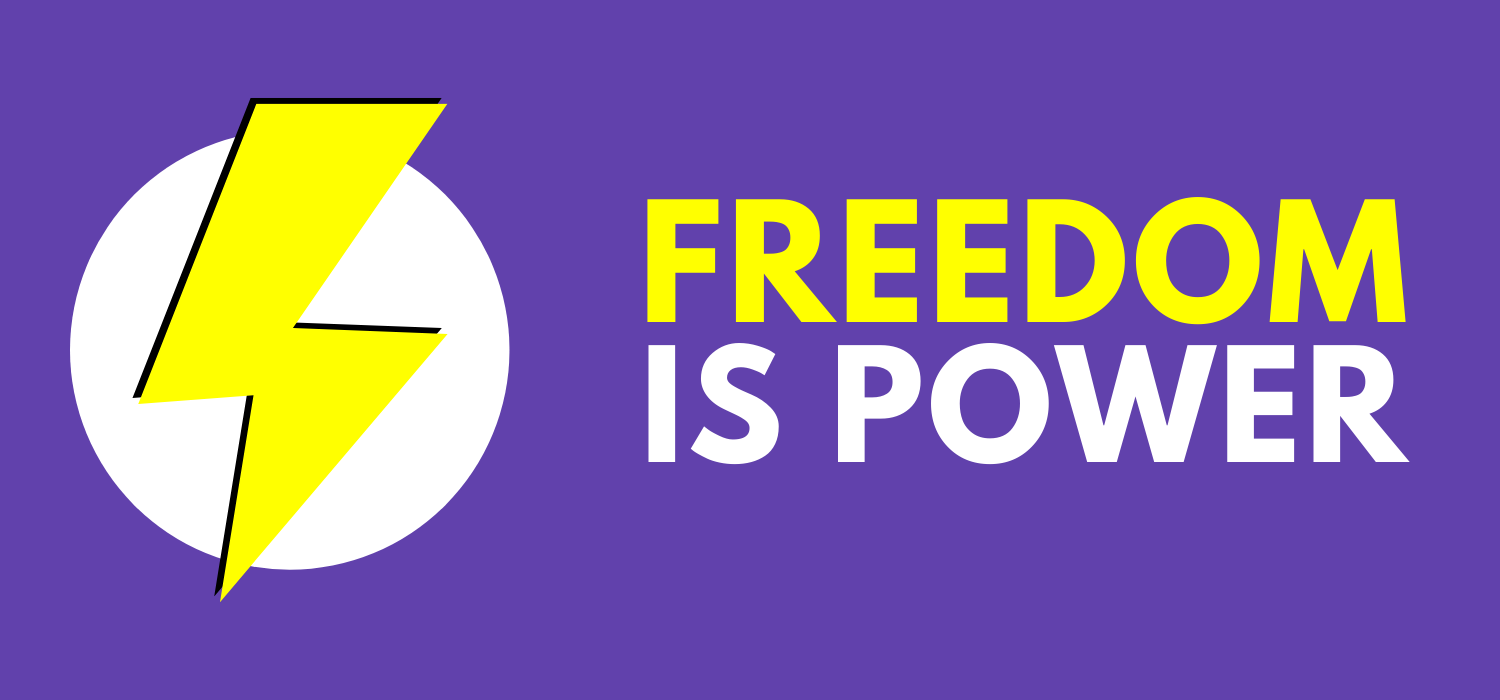Give People the Power to Propose a Solution
Our democracy is at a crossroads.
The political will to forge a consensus on electoral reform is nowhere to be found, with the Liberal Party kicking the can down the road and the Conservative Party hiding behind its demand for a referendum on the issue.
This lack of leadership has left a void that must be filled.
If politicians won’t step up, then everyday Canadians must step in to take their place.
It’s time for a National Citizens’ Assembly on Electoral Reform
The assembly is a body of citizens that deliberates on an issue to
propose a solution free of political interference.
Participants develop an in-depth understanding of the issue by
listening to experts who share their knowledge with the assembly.
Policy outcomes are rooted in evidence, rather than party politics or election cycles.
To ensure the assembly is representative of the population,
participants are chosen randomly or by civic lottery.
The public is divided into
subpopulations to ensure
a fair selection of gender, age, ethnicity, geography, education, language and more.
Indigenous peoples and communities are represented in proportion to their numbers.
Assemblies have been held
in Canada to deliberate on
provincial electoral reform in British Columbia and Ontario.
They have been used to develop recommendations for issues in
Ireland, France, Poland, the Netherlands and the United Kingdom.
Examples include climate change, abortion, flood mitigation and storage of nuclear waste.

George Zarkadakis on how citizens’ assemblies can help strengthen democracy.
Watch how Scotland’s Citizens’ Assembly worked to create a shared vision together.
Shoni Field, a participant in BC’s Citizens’ Assembly, shares her experience.





